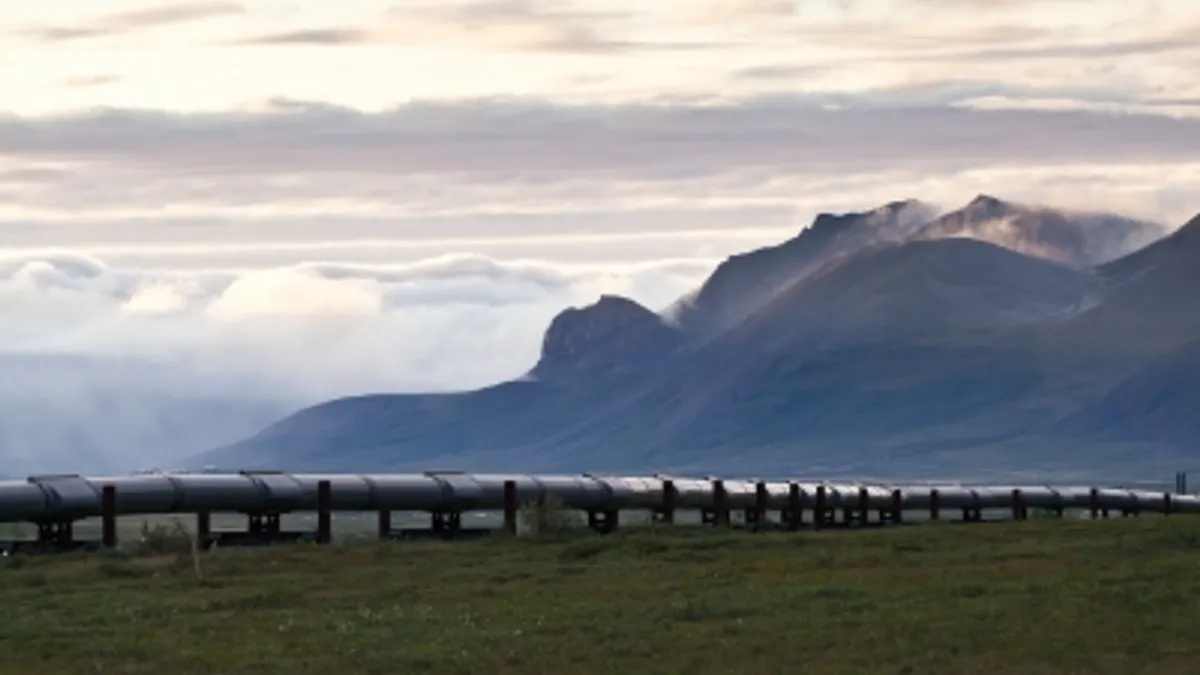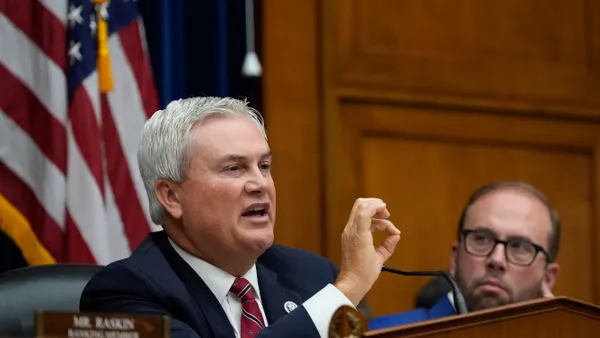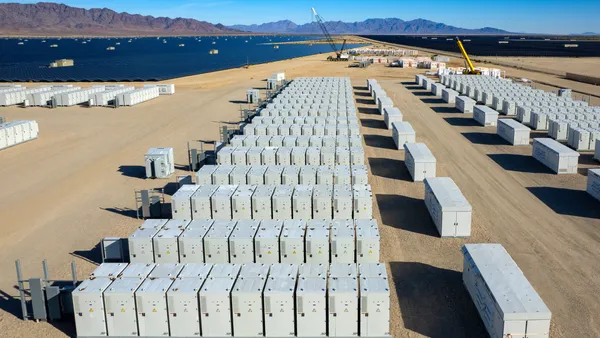Dive Brief:
- North Carolina lawmakers are considering changes to the state's Environmental Policy Act (SEPA) to allow some projects to move forward more quickly, but environmental advocates say the proposal would gut the state's oversight.
- According to the Environmental Defense Fund (EDF), the changes would leave a "false-front" of an environmental policy while allowing millions of taxpayer dollars to be spent with insufficient oversight.
- The bill, proposed by four Republican lawmakers, says it is intended to "reform and amend" SEPA.
Dive Insight:
North Carolina's House of Representatives is considering a measure to loosen the threshold for when the state's broader environmental review review would kick in. Currently the law calls for review on projects involving expenditures of public money and with the potential to impact the environment. But the bill, sponsored by four Republican lawmakers, would call for review only when more than $20 million in public funds is spent, or when the environmental impact is "direct."
The bill now calls for an environmental review "on any action involving significant expenditure of public moneys or use of public land for projects and programs significantly affecting the quality of the environment."
According to EDF, the changes would mean millions of dollars of taxpayer money could be spent without proper oversight, and the remaining environmental law would have little teeth.
"This bill essentially guts the program, leaving only a false-front in place," David Kelly, EDF's senior ecosystems analyst, said in a statement.
“The SEPA review process is there to make sure taxpayers’ money is used responsibly. It helps state agencies and the public understand the impacts of a project and alternatives that may cause less damage," Kelly said. "The current SEPA law makes sense because North Carolinians care about the environment and their tax dollars."
Kelly argued the SEPA review process does not stop appropriate projects, so it is not a threat to business or the state's economy. "What it does is help avoid unnecessary harm to our lands, waters, and wildlife," he said.














